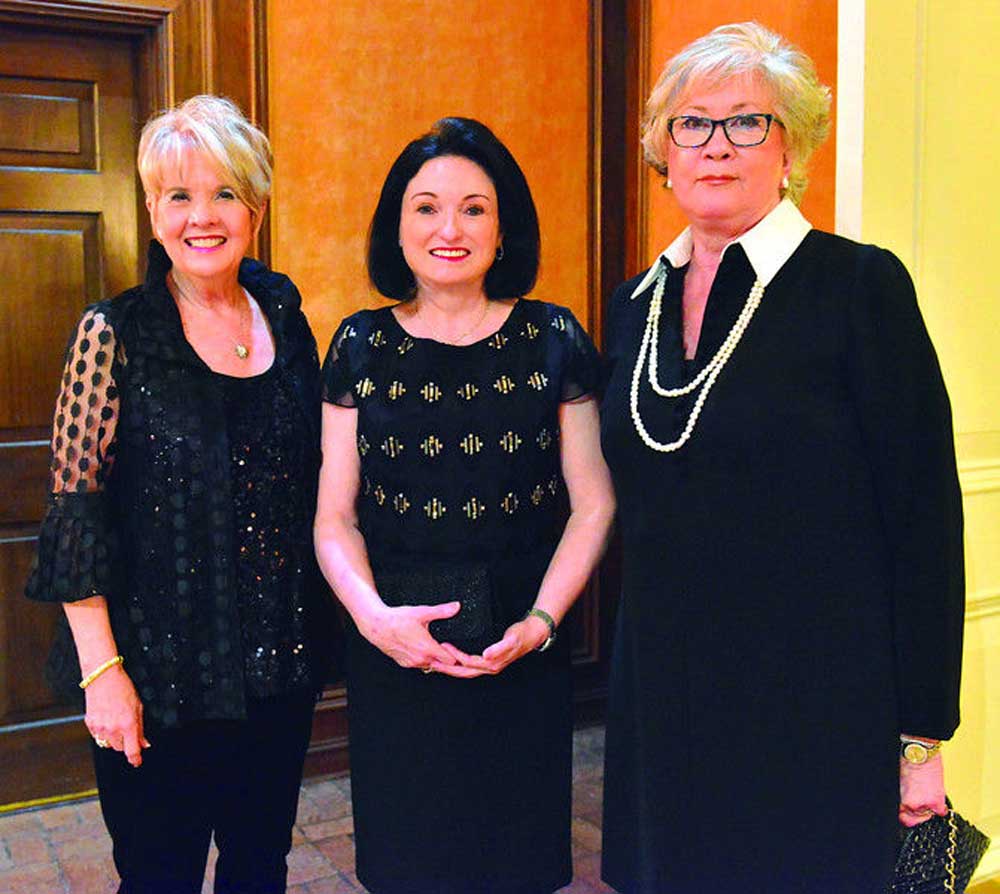Summer camps and academic programs
Published 10:46 pm Monday, March 2, 2015
Summer camp isn’t just for little kids — especially the kinds of academically oriented camps that are geared toward high-achieving, motivated high school students. Interested in engineering, computer science, marine biology or photojournalism? There’s bound to be a camp out there that’s right for you.
In fact, there are so many options that I’ve seen students struggle to fit everything in, or to make a choice between several strong interests when their time or funds are limited. But to me, there are no wrong choices when it comes to summer programs.
It’s one thing to read articles or watch YouTube videos about a potential career or field of interest; it’s a whole different experience to actually spend a week or two completely immersed in that world. Working with professionals and other students interested in the same field helps expose students to new ideas and lets them collaborate with a diverse population, just as they’ll do in the real world in years to come.
Often, our students come back from an intensive program convinced they’ve found their college major or career path. Occasionally, a student comes back just as convinced that the field isn’t right for them and they need to keep searching — and that’s just as important a discovery. Far better to spend three weeks realizing you don’t want to be a chemist than several college semesters!
If you’re searching for summer programs, a good first stop is your school counselor’s office. High school counselors often receive flyers and applications from programs sponsored by universities, leadership foundations or educational development organizations.
Some of these programs may require a counselor or teacher to nominate students based on specific criteria, such as leadership potential, grades or activities. Others are more of a traditional camp, where it’s first-come, first-served, and you simply need to apply and pay.
If you have an identified list of universities in which you’re interested, approach the school individually to see what they have on offer. This may even come in handy later on: at many colleges, the application now asks whether students have participated in any campus activities, including summer programs.
Band and sports camps are still the most common programs, but more schools are beginning to offer academic camps, especially those with programs where a demonstrated academic interest is weighted in the admissions process. Some of these camps will even offer some college credit, although they usually require a three- to four-week commitment.
Before you commit to that length of time — or even a weeklong program — parents should consider calling the camp and speaking to a representative or the camp director. Camp reps should be happy to share nuts-and-bolts information, such as whether the camp fee includes all meals, any extra activities or private tutoring. You can also ask for a typical daily schedule, what sorts of day trips or evening entertainment are included and whether students will get the opportunity to tour the campus or visit any local landmarks, such as a prestigious nearby museum.
Finally, if it’s a camp on a college campus, ask about the ratio of counselors to students, whether the counselors are students in an affiliated major and what kind of curfews are in place. A well-established program will have no problem answering all of these questions, and the more information you have, the more secure you’ll feel about your choice.
Donna Spann is the CEO of Capstone College and Career Advising in Tyler. A college advisor for 11 years, Donna leads a team of professionals who take a personal approach to advising that helps students navigate career and college exploration and admissions and find the college that’s right for them.







